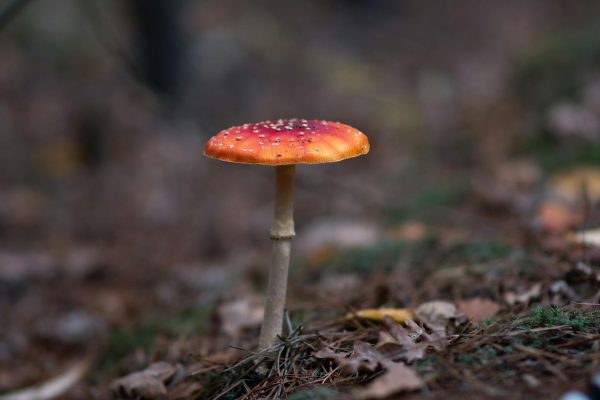With fall in full swing and winter approaching fast, you may find yourself worrying about the seasonal blues. The time of the year when the days get shorter often drives people on the edge. Surprisingly, even the happiest people tend to feel low, just because of the change of seasons.
Statistics show that nearly 5% of American adults experience Seasonal Affective Disorder. That sounds like a small number, but the overwhelming fact is that SAD lasts for 40% of the entire year. Imagine the pain of feeling blue almost half of the year. Another interesting fact is that women are more susceptible to the swings.
Fortunately, the negative feelings are easy to address because they happen due to the changes in your biological clock. You don’t need medicines and treatment to address SAD. An actionable self-care routine can be your best defense against the condition.
But you should think beyond the basics like eating a wholesome diet, exercising daily, and sleeping well. Here are a few effective self-care strategies to beat the blues:
Get a Head Start
The best piece of advice is to get a head start with the fall-to-winter transition. Think beyond getting your home and wardrobe ready for the snowy season. Preparing your body and mind for the change is equally crucial, even more so for people living in areas with harsh winters.
Double up your immune strengths by upgrading your supplement regimen. Getting sick is the last thing you want to face in winter. Why not fortify your defenses by eating for immunity through fall? Seek supplement recommendations from your doctor sooner rather than later.
Also, work on your mental well-being with practices like mood-boosting activities like joining a hobby class, doing aerobics, and engaging in community service. Consider adding a meditation session to your daily routine to set your body and mind on the right track.
Find Your Triggers
Most people fail to understand what triggers seasonal blues for them. These are the factors that push you in the state of an emotional low. Of course, the disruption of your circadian rhythm is a primary factor. But some other things that may worsen seasonal stress include sleeping late, consuming too much caffeine, and mindless social media scrolling.
Triggers vary for people, making it all the more crucial to know what drives you to the edge. Identifying your emotions can help avoid them in the first place. You can also create a coping strategy to address the outcomes of these triggers if they still affect your mind and mood.
Try CBD as a Stressbuster
Seasonal stress is a reality most people deal with. Americans are inherently prone to stress, with nearly two out of five (37%) people rating their mental health as fair or poor in a 2022 year-end survey. Another survey shows that 62% of the population describes their stress levels to be very high during the holiday season.
But you don’t need to pop anxiety pills to deal with the seasonal blues. While conventional stress-relief therapies like meditation and deep breathing help, can be an unconventional savior. is a potent cannabinoid that relieves anxiety and promotes sleep naturally. Since it isn’t psychoactive, you don’t have to worry about getting high.
The best part is that you can explore several options in products and consumption methods. Edwin’s Edibles notes that edible products work for most people. They are delicious, versatile, and discreet. Additionally, they offer sustainable results because reaches the bloodstream slowly through the digestive process.
Step Outside When Possible
Beating the seasonal blues can be as easy as stepping out for a dose of sunshine and fresh air. The measure may sound counterintuitive during the dull winter weather, but a short walk outdoors can be a stressbuster.
On sunny days, you can get a much-needed vitamin D by spending time outdoors. Of course, your doctor will recommend the supplement form of the vitamin, but anything more always helps. Even if the sun isn’t around, being around nature can help you overcome the blues.
Stay Hydrated
Another tip you may not have on your seasonal stress-busting checklist is to stay hydrated. You may not feel thirsty during fall and winter because you sweat less. But it hardly means you can miss out on good hydration. Optimal hydration is essential in all seasons, so you should keep a bottle at hand and drink often, even if you don’t feel the urge.
Warm water, hot broth, and herbal teas are good options for staying hydrated in the cold weather. You shouldn’t drink too much coffee because excessive caffeine can aggravate stress and anxiety. Also, avoid alcohol, no matter how much you want to warm up and enjoy the holiday season.
Summing Up
Seasonal blues are something many people live with, even without realizing they suffer from a medically-validated condition. Although anxiety and depression have a start and end date, you shouldn’t let them take over your life. A proactive approach can help you keep them at bay. Try these self-care practices to beat the blues for good.





